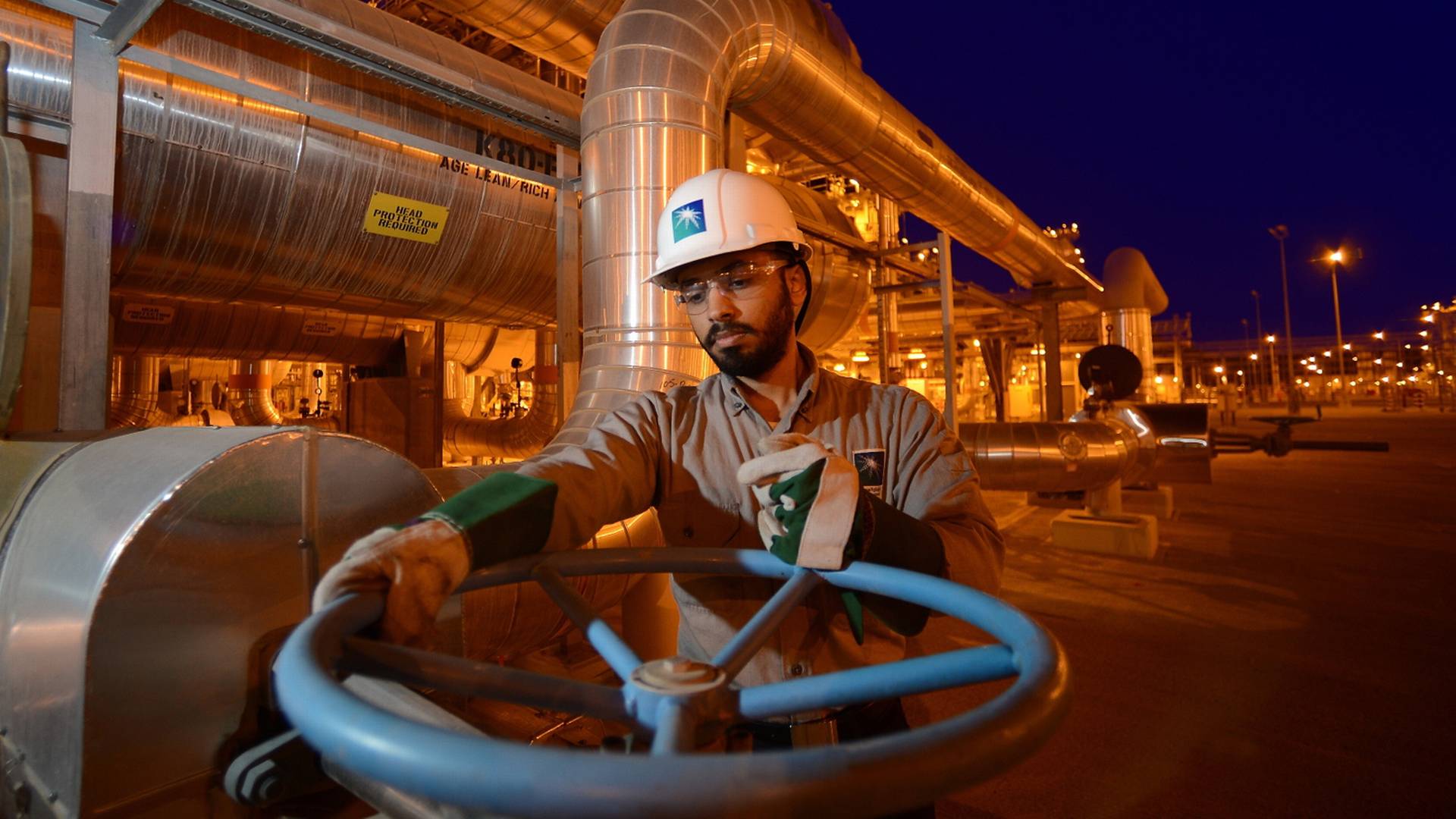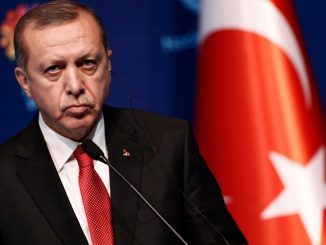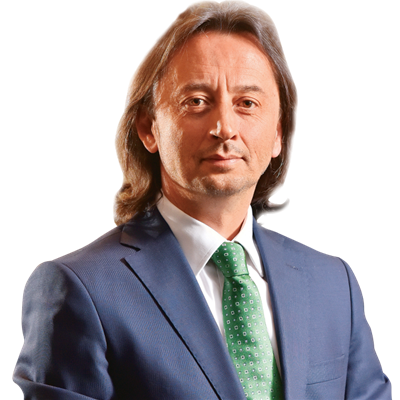
Russia presented a new constitution for Syria as a part of its efforts to end the crisis in the country, but the political opposition refused the proposal saying it’s an internal Syrian matter.
Russia said it has a new plan for Syria peace talks which can be achieved with powers that have a real effect on the Syrian ground after its forces backed Assad regime to achieve many victories against the opposition and tilted the tide of war in his favor.
Russia, Iran, and Turkey said they were ready to help broker a Syria peace deal, and organized a peace talks meeting in Kazakhstan on January 23.
The first day of the talks was focused on ways to strengthen the ceasefire. It ended with tension as both parts traded blames over truce breaches. In addition, the opposition refused to have direct negotiations with Assad regime.
The talks have ended with Russia, Turkey and Iran making a joint statement about the consequences of the talks and agreeing on a mechanism to support a delicate ceasefire.
Russia presented the new constitution document in Arabic during a meeting with the chief rebel negotiator, Mohammad Alloush, at peace talks this week in the capital of Kazakhstan, Astana.
In addition, Lavrov has invited 25 Syrian opposition figures, from both the High Negotiations Committee and Syrian National Coalition, to meet on Friday in Moscow to brief the Astana meeting results and maybe plan about Geneva peace talks.
The new constitution
Russian foreign minister Sergei Lavrov said on Wednesday that the blueprint written by Russian experts was based on ideas from the Syrian government, opposition, and regional powers.
The draft proposes that the Syrian president be elected for seven years without the right to seek re-election, Interfax reported, citing a person familiar with the document it didn’t identify.
It also suggests that the country will have a parliament with two chambers and rejects Sharia as the basis for law, the newswire said.
“The president is elected for a period of seven years by the Syrian citizens through a general, equal and direct election and through a secret ballot; the re-election of the same individual to the post of president is prohibited except for one additional term,” the Russia-proposed constitutional draft reads.
Articles 111 and 91 of the current constitution of Syria envisage that the president has the right to dissolve the People’s Council (parliament) and may designate one or more vice president and delegate some of his powers to them.
However, the Russia-proposed constitutional draft does not mention any of these rights.
The document gives the Syrian president the right to call a referendum on the issues important for the country.
“The President of the Republic has the right to declare a national referendum on important topics pertaining to the supreme interests of the country, and the outcome of the referendum is obligatory and shall enter into force on the date of announcement by the president,” the Russian-proposed constitutional draft reads.
Opposition refusal
Syria’s opposition rejected a proposal from Russia on a new constitution for the conflict-torn country, warning the Kremlin against repeating the mistake made by the Bush administration after the US-led overthrow of Saddam Hussain in Iraq.
“We told them that the Syrians are the ones who are entitled to write the constitution,” Yahya Al Aridi, a member of the opposition delegation to the Astana negotiations, said by phone on Wednesday.
“The experience of Paul Bremer in Iraq is quite clear — when a constitution is written by another country, politically it won’t work.”
Al Aridi was referring to the US official who governed Iraq under occupation from 2003-2004. He declined to comment on the contents of the Russian proposal.
“We appreciate that they have moved to a peace track and confirmed to them that we are cooperative in that regard, as long as they are serious,” Al Aridi said of Russia. “It’s their job as guarantors to take care of other parties who are not helping them achieve something at a political level.”
Head of the Russian delegation Alexander Lavrentyev underlined that Russia was not interfering in consideration of constitution and presented the draft to the opposition simply in order to accelerate the process.
“Naturally, this is not an issue of our pressure, or attempts to force some kind of a rigid framework on opposition groups. This is an invitation for a discussion on the most important issue — the future of Syria,” Zakharova said in an interview with Rossiya-24 television.
In addition, the political opposition refused Lavrov’s invite to Moscow on Friday.
High Negotiations Committee spokesman Riyad Naasan said that HNC coordinator Riyad Hijab had “received a personal invitation” to attend Friday’s talks “but declined”.
But “no invitation has yet been sent to the High Negotiations Committee”, he added.
The invitation was sent to National Coalition President Anas Abdah, his deputy Abdul Hakim Bashar, and member of the Political Committee Hadi Bahra. None of them will attend the meeting,” the National Coalition said in a statement.
The Syrian crisis began as a peaceful demonstration against the injustice in Syria. Assad regime used to fire power and violence against the civilians and led to armed resistance. 450.000 Syrians lost their lives in the past five years according to UN estimates, and more than 12 million have lost their homes.



